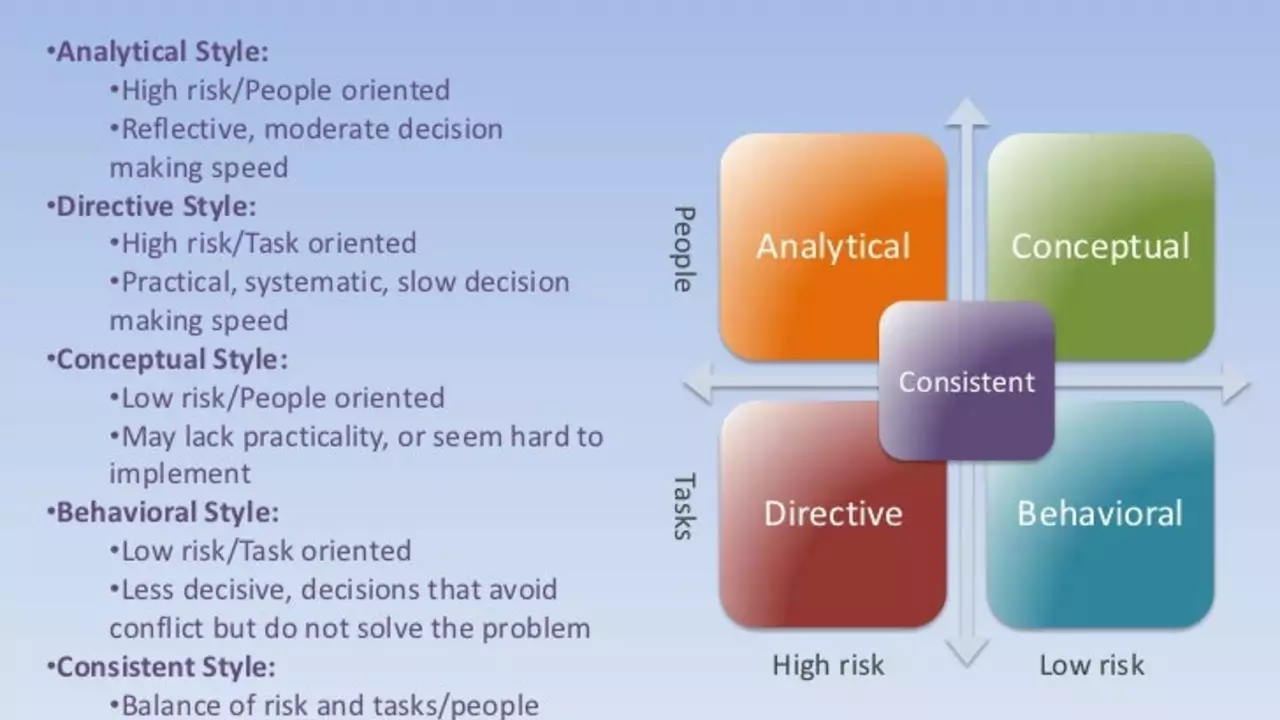Does subsidizing higher education lower its value?

The Concept of Subsidizing Higher Education
Before embarking on our exploration of the potential impact of subsidizing higher education on its value, let's take some time to clarify what we mean by 'subsidizing'. Essentially, a subsidy is a form of financial aid or support extended to an economic sector or institution, individual, or business that is in the public interest. So, when we talk about subsidizing higher education, we're referring to the financial assistance that governments provide to students and universities to reduce the cost of obtaining a college or university degree.
The Current State of Higher Education Costs
Higher education has become increasingly expensive over the past few decades. The high cost of attending college or university has become a significant barrier for many potential students, particularly those from low-income families. The burden of student loans has also become a major issue, with many graduates struggling to repay their debts long after they've left college or university. This situation has led to growing calls for governments to step in and subsidize higher education to make it more affordable.
The Argument for Subsidizing Higher Education
Those in favor of subsidizing higher education argue that it is a public good that benefits society as a whole. They maintain that a well-educated populace contributes to economic growth, innovation, and social cohesion. Thus, the costs of higher education should be borne by society at large, rather than by individual students. They also argue that subsidies can help level the playing field, providing opportunities for talented individuals who might otherwise be unable to afford higher education.
Does Subsidizing Lower the Value?
However, there is an ongoing debate about whether subsidizing higher education could potentially diminish its value. Some believe that making something more accessible and less costly can lead to a decrease in its perceived worth. Let's delve into this argument and examine the potential impacts of subsidies on the quality and value of higher education.
The Impact on Quality of Education
One of the main fears is that subsidies could potentially lead to a decline in the quality of education. Critics argue that if colleges and universities are guaranteed government funding, they may have less incentive to maintain high academic standards. This could result in a 'race to the bottom', where institutions compete to attract students based on cost rather than quality.
The Influence on Students' Attitudes
There's also the concern that students may not value their education as much if they're not paying for it themselves. The argument here is that the act of investing one's own money in one's education can lead to a greater sense of responsibility and commitment to succeed. If higher education is provided for free or at a greatly reduced cost, some fear that students may not take their studies as seriously.
The Effect on the Job Market
Another potential issue is the effect of subsidizing higher education on the job market. If more people are obtaining degrees because it's cheaper to do so, this could lead to an oversupply of graduates in certain fields, potentially devaluing those degrees in the eyes of employers.
Appraising the Value of Higher Education
Finally, it's important to remember that the value of higher education isn't solely determined by its cost or the number of people who have degrees. It's also about the knowledge and skills that students gain, their personal development, and the benefits that a well-educated populace brings to society. While subsidies may have some potential downsides, they also have the potential to make higher education accessible to a larger segment of the population, which can have far-reaching benefits.
Conclusion: Striking a Balance
In conclusion, while there are valid concerns about the potential impact of subsidizing higher education on its perceived value, it's also clear that there are significant benefits to making higher education more affordable and accessible. The key is to strike a balance between ensuring access and maintaining quality. This could involve tying subsidies to performance metrics, for example, to ensure that institutions have an incentive to maintain high academic standards, or providing subsidies in the form of means-tested grants or scholarships to ensure that they reach the students who need them most.

Write a comment